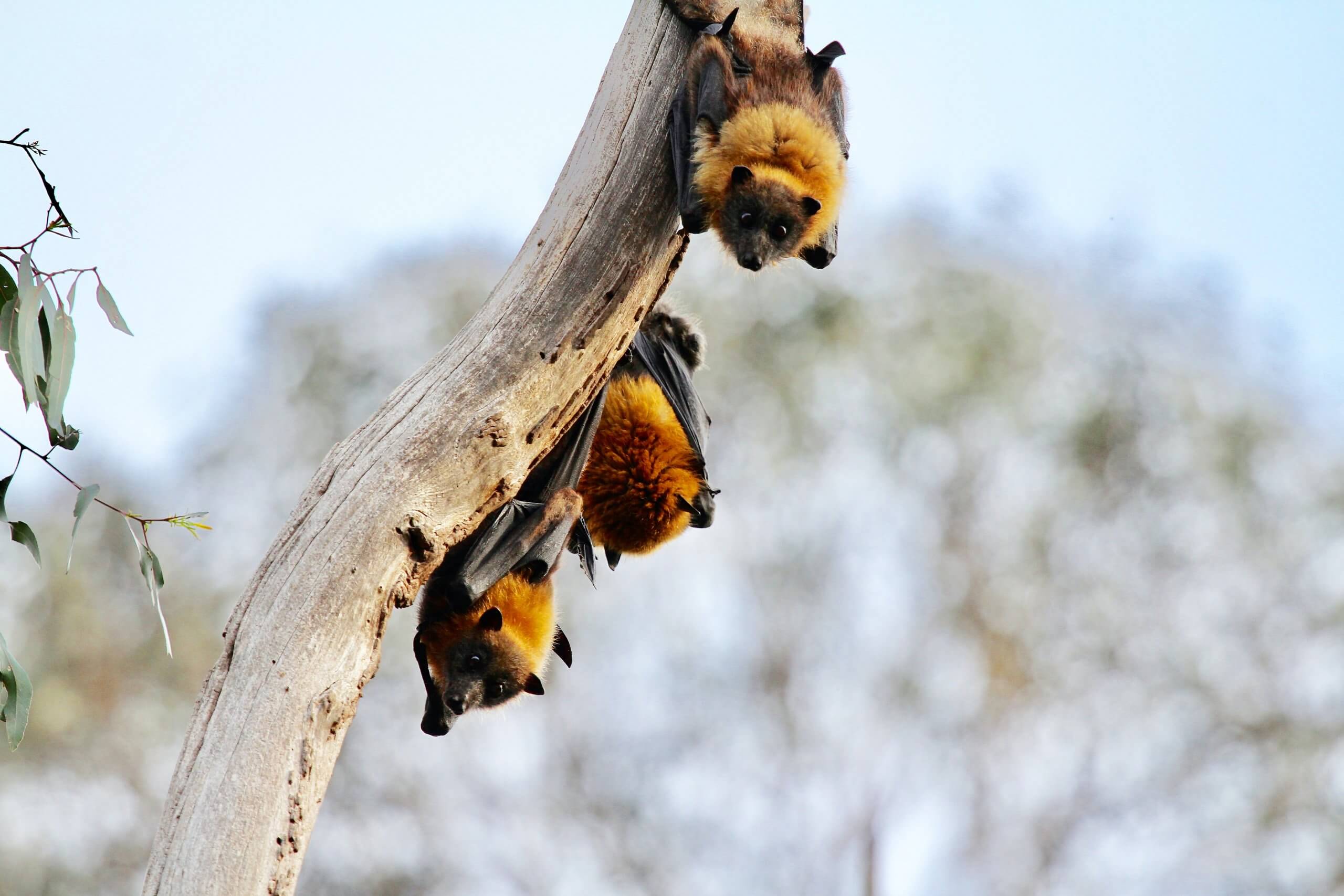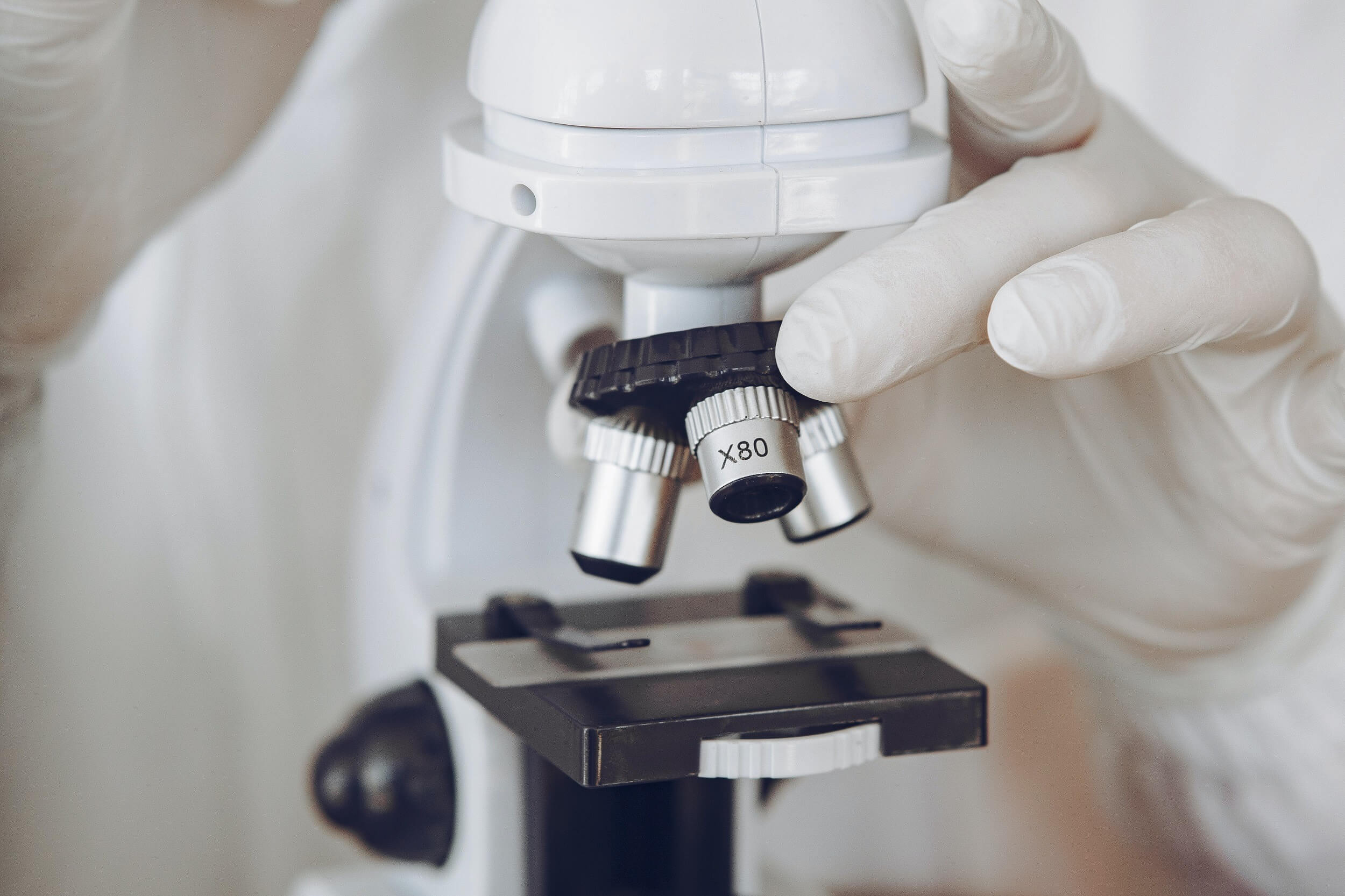What Is The Mode Of Transmission? How (Easily) Does It Spread?
While animals are believed to be the original source, the virus spread is now from person to person (human to human transmission). Insufficient epidemiological data available about how quickly this virus spreads between people, but it is estimated that on average that one infected person will infect between two and three people.
The virus is transmitted mainly via small respiratory droplets through sneezing, coughing or when people interact with each other for some time in close proximity (usually less than 2 meter).
These droplets can then be inhaled, or they can land on surfaces that others may encounter, who can then get infected when they touch their nose, mouth or eyes. The virus can survive on different surfaces from several hours (copper, cardboard) up to few days (plastic, stainless steel). The amount of viable virus declines overtime.
The incubation period for COVID-19 is currently estimated between one to fourteen days. The virus can be transmitted when people who are infected show symptoms such as coughing.




